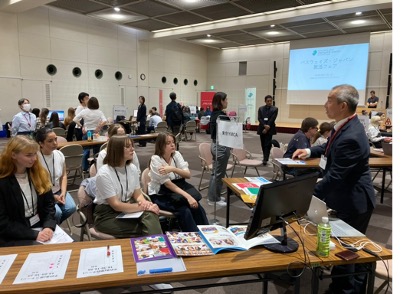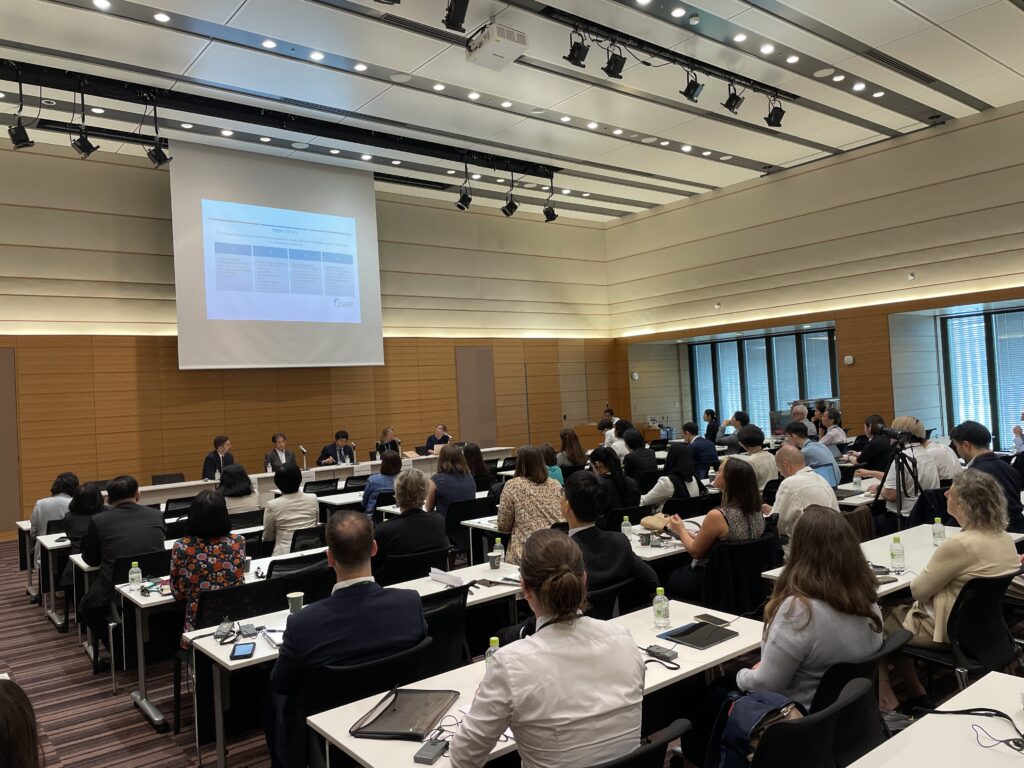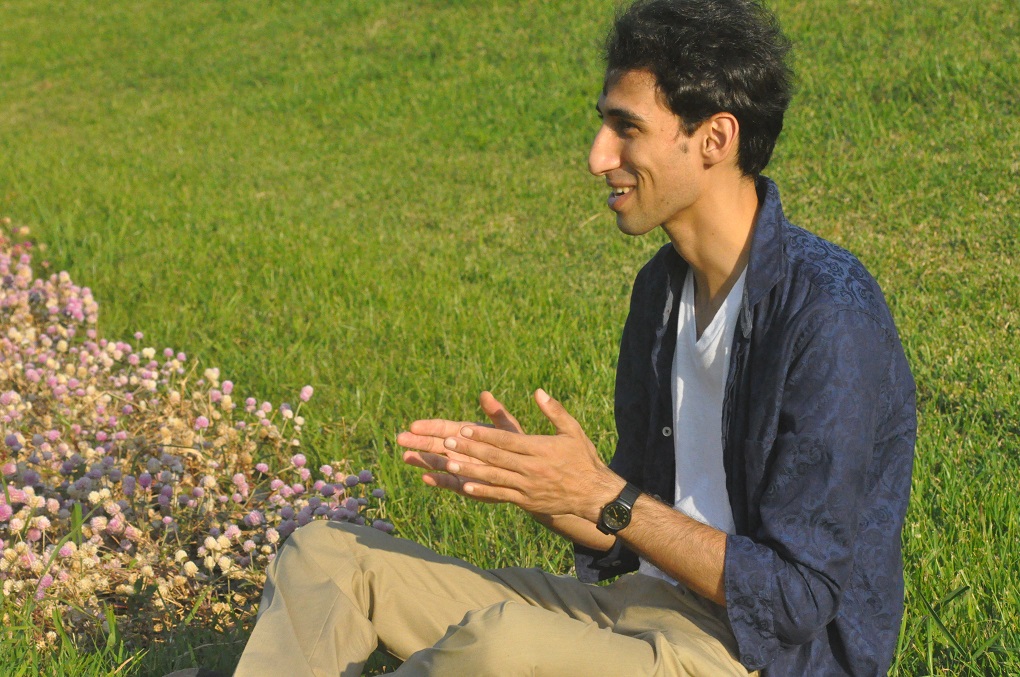Our Activities
Pathways Japan promotes the admission of refugees through education by conducting the following four activities.
Scholarships for higher education
As of 2022, the percentage of people with refugee backgrounds who go on to higher education is 6% worldwide, which is significantly lower than the general youth population. Within the framework of the SDGs, efforts are underway in many countries to achieve 15% by 2030. The Toshizo Watanabe International Scholarship was established in 2021 with a donation from Mr. Toshizo Watanabe to support young people who have gone through the difficult experience of becoming refugees, but who continue to study and to contribute to society in the future by helping them to continue their higher education. In particular, the program is unique in that it targets refugees and displaced persons with limited-time status of residence, such as studying abroad or designated activities etc., who have conventionally had limited opportunities to apply for scholarships in Japan.The program provides full scholarships (up to a maximum amount) to support tuition and living expenses without repayment, enabling refugee youth to enter educational institutions at all levels, from junior college to undergraduate and graduate school, in a variety of specialized fields of their own choice.
Activity Report
- Call for Applications for Toshizo Watanabe International Scholarship (TWIS)
- Toshizo Watanabe International Scholarship: Recruitment 2025
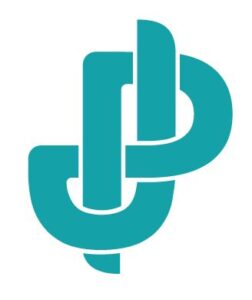
- Call for Applications for Toshizo Watanabe International Scholarship 2024
- The Award Ceremony for the Toshizo Watanabe International Scholarship 2023 was held
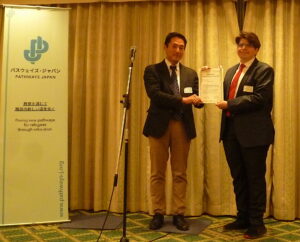
- Calling for applications for the Toshizo Watanabe International Scholarship 2023
Admission into Japanese society
We are implementing the “Education Pathways” program, which admits students with refugee experience into Japanese language schools and universities to support their Japanese language learning and help them become independent through higher education and employment. Two programs are offered: “Japanese Language School Pathways,” in which students study at a Japanese language school for two years to pursue higher education or employment, and “University Pathways,” in which students study at a university that provides Japanese language education and higher education.Starting with the admission of students from Syria in 2017, the program was expanded to include students from Afghanistan in 2021 and Ukraine in 2022, and from 2017 to the present we have admitted over 150 young people with refugee experience.To help students build independent lives in Japan, we provide consistent support from before their arrival to their graduation from the educational institutions.
Interviews with international students
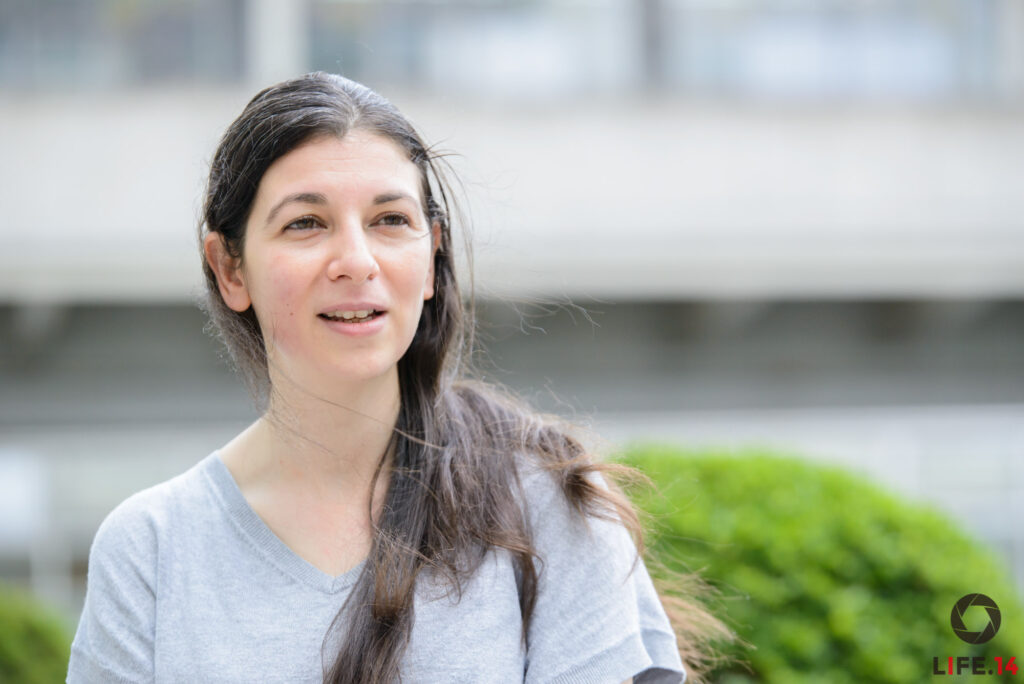
About Admission Programs (*go to application pages)
Activity Report
- Introduction of speeches by students from three countries newly admitted to Japan in 2025
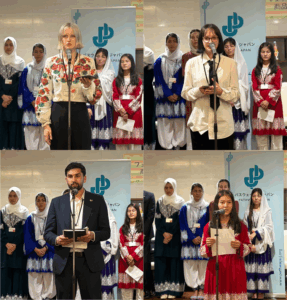
- Education Pathways Network (JEPN) hosts “JEPN Reunion Day” to encourage student interaction
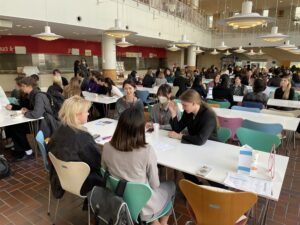
- 21 students from Syria, Afghanistan, and Ukraine come to Japan
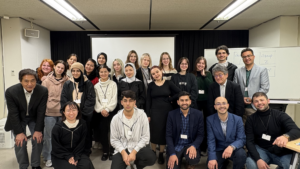
- Graduates Who Advanced to Further Education or Employment in April 2024

- Japanese Language School Pathways for Admission of Syrian, Afghan, and Ukrainian students announces FY 2025 Application Outline

Support for employment and self-reliance
We provide information and opportunities related to job hunting and employment so that people with refugee experience who have been admitted from abroad to Japan can realize their desired careers and lead independent lives in Japan. Also, we expand our network with companies and other organizations that are interested in hiring people with refugee experiences, and by raising awareness of their potential as “human assets” in terms of skills and experience, we foster the soil for companies to accept them. In addition to communication with individual companies, we also hold events where companies and students gather to get to know each other. Moreover, as support for refugees and others who do not have the opportunity to learn the Japanese language necessary for employment and job hunting, we provide Japanese language courses for employment and job hunting for Afghanistan evacuees and others.
Activity Report
- Career Realization for Refugee and Displaced Students (3) “Job Hunting Seminar” to interview with companies
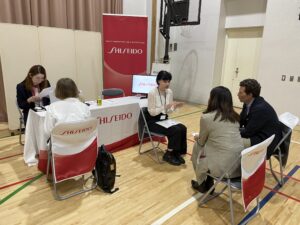
- Career Realization for Refugee and Displaced Students (2): “Japanese for Job Hunting” Course
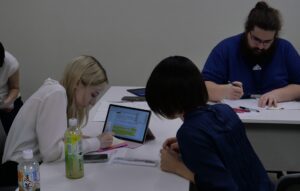
- Career Realization for Refugee and Displaced Students (1) Experiences of Senior Students Who Have Job Hunting
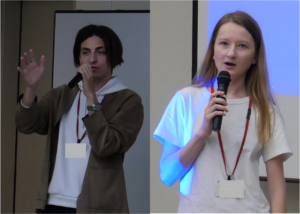
- Call for Applications for the “Online Course of “Japanese for Work” for Afghans”, JLPT N3 class (Deadline: 5th Thursday September 2024)

- Call for Applications : Job Hunting Mentorship Program
Awareness raising and advocacy
We raise awareness of the necessity and significance of civil society-led refugee admission, promote understanding in society, and make proposals and communications to create a better system for refugees. In Japan, we are working with other refugee support organizations to make policy proposals for the establishment of a better admission system. Also, in order to strengthen the foundation for admitting refugees, we serve as the joint secretariat of the Japan Educational Pathways Network (JEPN), a network of universities that admit refugee students, and cooperate with several universities in holding regular information exchange meetings. The network has expanded beyond Japan, giving lectures and contributing to international conferences to promote civil society-led admission in Asia and other countries.
<Network membership>
- Global Task Force on Third Country Education Pathways
- Forum for Refugees Japan (FRJ)
- J-FUN(Japan Council of UNHCR-NGOs)
- Actions for Afghans (AFA
- Japan Education Pathways Network (JEPN
Activity Report
- Education Pathways Network (JEPN) hosts “JEPN Reunion Day” to encourage student interaction

- On the second anniversary of the start of the war in Ukraine: To pave the way to the future for refugees and displaced persons

- 【Speaking at Event】Orii speaks at UNESCO’s “World Refugee Day” event
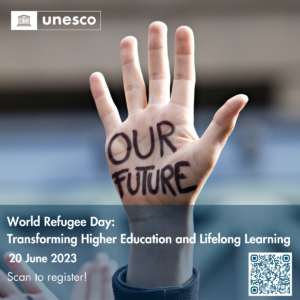
- “Expanding Refugee Education Pathways” Meeting was held in Tokyo
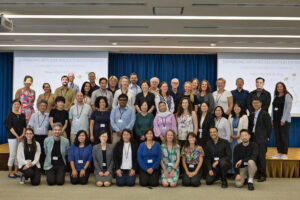
- Japan Education Pathways Network (JEPN) Meeting was held in person

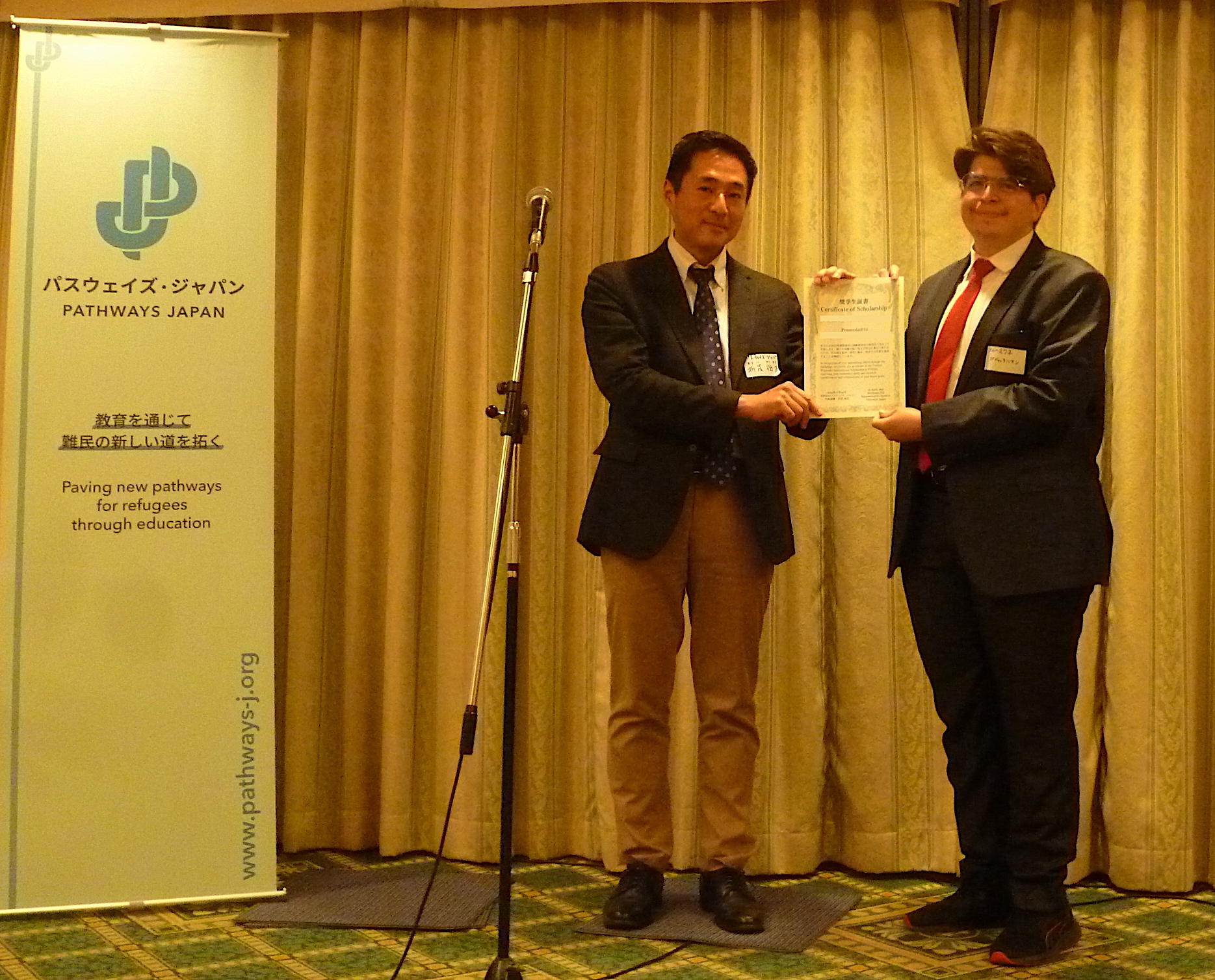
-scaled.jpeg)
